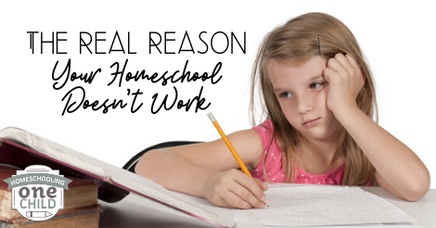 You've pulled your child out of public school, you've purchased a curriculum for hundreds of dollars, and you've hung a dry erase board on your dining room wall. You've filed all the necessary paperwork and even picked out a name. You're excited to do this school-at-home thing! The first day went by great, and why shouldn't it? Your child was ecstatic to do school in his pajamas! She was so happy to not have to get up at 6:30 a.m. for the school bus. The second day went okay. By the time the fifth day rolled around, your child was fussing about something, you lost all the dry erase markers, and the cat puked up something indescribable on the new curriculum. You couldn't figure it out. You had carefully planned out eight hours of instructional time. Sure, they ended the school day at five p.m., but they started at 10 a.m.! And would it be too much to ask if they'd sit at the dining table to do their school work? Is it asking too much for pants to be worn? Whoa, there, Mama. The real reason your homeschool isn't working is this: comparison. You're comparing your homeschool to public school, or your homeschool of one week to the homeschool veteran of 23 years down the street. You know the one: you had talked with her on your daily break to get the mail. She had asked how it was going and you started sobbing about dry erase markers, cold coffee sitting in the microwave, the dining table looked like it had been ransacked by the entire dwarvan cast of "The Lord of the Rings: The Hobbit," and the week's worth of groceries was gone in 2-1/2 days. Your homeschool is just that: your homeschool. It's not "school at home." Homeschool is supposed to encompass so much more than building volcanoes, diagramming sentences, or learning one-school philosophy, Socratic-method style. You stopped reading at "diagramming sentences," didn't you? No, you don't have to teach diagramming sentences...unless you want to. What works in my homeschool will not work in a homeschool thirty miles from me, or three blocks from me. What works in my homeschool is tailored for my almost-ten year old daughter. We don't teach from a full-box curriculum. It's patchworked-together based on her level and how much she wants (read: needs) to be challenged. When you pull kids from public school and start homeschooling, you almost need to go through a period of de-schooling. This strategy is for both children and parents: unlearning what it means to "do school." Unlearning what that looks like. For example, instead of doing school sitting at the table, why can't you go to the couch to read about the Spanish-American War? Why can't you write your spelling words laying on the floor in front of the fire? Why must we be physically uncomfortable while learning? Say you read a novel laying in bed. You enjoy it, don't you? You're warm, comfortable, and you're engaged in the book. Don't you want your kids associating warm, comfortable, engaging thoughts with learning? I know I do. Learning is not relegated to straight-back chairs and dry-erase boards (although I do have -- and use -- a dry erase board, and an old-school chalkboard). Using tools like boards and computers and YouTube on a screen is not a bad idea, and certainly doing schoolwork at a table has benefits too. We almost always do math at the table as we go over problems on the chalkboard. I'm just saying -- comparing your day or how you do homeschool to how it's done in public or private schools, or even other homeschools, robs your family of the joy of the homeschool experience. How do you de-school? You have a conversation with each other about everyone's expectations are. What do you want your homeschool to look like? Do you want to homeschool in the morning or afternoon? Or throughout the day? Do you work outside the home, maybe switching shifts with your spouse? So maybe the kids split their academic time up. Do you homeschool and work in the home, as I do? So you trade off homeschool and work time in a delicate balancing act. There's no one right -- or wrong -- way to homeschool. You have to do what works for your family and not what the expectation of "school" means. Listen: homeschool is as much a place of learning as public or private school. It's just a different style and place of learning. And no one has the right to tell you any different. Ultimately, these are your children; you are responsible before God and the State to take care of them, and if you have chosen homeschool as their academic path, well, Grandma and Aunt Millie and Uncle Bob and Brother Don and Sister Lucy have no say at all in the matter. Period. Bam. It's totally up to you to decide what schedule fits best with your homeschool. In our house, homeschooling doesn't end at 2:30 p.m. In the morning, it's get up by nine, breakfast, meds, get at the dining table by 10 for prayer, Bible, spelling, and math. Then we have a 20-minute break. We grab the history and science books and go to the couch, and read a chapter. We talk about it. We may watch a YouTube video (I make a homeschool list of videos to watch the coming week) on the historical subject we're learning about, and we watch and talk about it together. We then read the chapter in science. A video may or may not be watched for science, too. Then, she goes back to the table to answer questions for history and science. Usually it's time to run errands or go to doctors appointments or clean the kitchen. Laura has chores every day to do: feed and water the cats, unload the dishwasher, pick up the living room, etc. She usually helps with meal prep for dinner. We're trying to get out of the habit of collapsing in a heap on the sofa after dinner to watch television, and instead reading, playing board games, or something as a family. Our homeschool rarely goes past 2 p.m. Our homeschool rarely goes over four hours (and that is totally okay). (You want to know a secret? With behavior corrections, meetings, assemblies, lunches, specials, working with kids, managing parental communications, and dealing with administration -- a public school day never has eight complete hours of pure instructional time. Never). The biggest reason your homeschool is not working is you're trying to replicate the public school experience you just pulled your child from. If that had worked, your child most likely would still be at that school. Listen: if your child was bullied, there are no bullies in your school. It's safe. If your child has special needs and the IEP or 504 plans weren't being followed, there are no IEP or 504 plans in your homeschool because homeschool by definition is all about individualized educational plans. Stop comparing and trying to replicate your school and make it into a school where your child will not just succeed, but excel. If he is interested in trains, by all means let him learn all about trains. That encompasses reading, math, engineering, science, history--everything. If your daughter loves all things horses, then let her learn about horses. Again, reading, math, science, history, even physical education if you can find horseback riding lessons. A word about reading: if you want to homeschool your pre-K or kindergarten-level child, please know that children are pushed into reading before they are ready, in public schools. It is very much okay if a five year old doesn't read well, doesn't write well, or shapes allude him. Buy some shape toys, colored toys, books, and simply get in the floor and play with her. Build things. Build a fort under the table and get under it with a flashlight and a stack of books, lay on your backs, and read to him. Playing and reading with and to your child will teach him more than worksheets ever will at that age. Be encouraged, parents! You can do this! Extend grace to yourself, clean off the dining table, and start fresh and new, tomorrow morning. You can do it! Blessings, Terrie (C) 2020 Terrie Bentley McKee ALL RIGHTS RESERVED
3 Comments
 My daughter spent two-and-a-half years in public school; she has also spent a total of two years now in homeschool, so I feel like I have a unique perspective on the whole "socialization" debate. I know that since every child is different, and no two homeschools or public schools are the same, so the experiences that my daughter and I have are unique to Laura and I. So I can only offer what experiences we have had. I homeschooled Laura the first semester of Kindergarten. Life interrupted, and I had to enroll her in an elementary school near our home due to unforeseen circumstances that were out of our control. She went to public school for the remainder of kindergarten, first grade, and then second grade. We withdrew her from public school and started homeschooling her at the very beginning of third grade. She is now in the fourth grade in homeschool. During the two-and-a-half years she was in public school, she alternated between being shy during times when it would have been good for her to talk up, and she was talkative when she it was required for her to be quiet. She's imaginative, playful, spirited, and social by nature. She's a born leader, but was shy around adults to the point that she would not ask for help if she needed it. She learned that adults in authority were not to be questioned, which in her mind meant not asking for help. I do not mean to question authority by any means -- I mean, she learned that if a teacher or adult did something, and she didn't understand, she just let it go instead of asking questions. Asking questions, to Laura, meant a child didn't know what was going on so they spent recess inside being tutored instead of out on the playground. Laura has chronic migraines, ADHD, and dyslexia. She missed about twenty days of school in second grade due to migraines alone, then throw ten days' missed due to back-to-back episodes of Flu Type A and Type B. Her dyslexia required her to go to a special class for reading; during the time she was in the reading class, her teacher would hand out the spelling word lists. Laura never asked for the spelling words and the teacher assumed that she had them. So her spelling tests dove off cliffs into seas of failing grades. When we learned of the spelling test fiasco, we made it known in a meeting that she is to have her spelling lists. Laura was asked by the teacher, why didn't you get up and get the list out of the cubby? She said, "You said we were to stay seated. I thought I couldn't get up and get them." This is the socialization that we experienced in public school: sit down, be quiet, no talking, do your work. No wiggling. Walk in straight lines to the cafeteria and library. Stay on the right side of the hallway. Don't question teachers or principals. Listen: there are things being taught in public schools that should be questioned. History is being re-written and that should be questioned. Biology is being re-written and that should be questioned. When schools do not allow questioning of curriculum or adults who are teaching curriculum that is contrary to nature or historical fact, that is when alarms should go off. When kids are taught from elementary school to not question, they are being set up to blindly accept any and all things being taught by adults in authority--no matter how false they are. Since Laura has been homeschooled from the beginning of third grade, her self-esteem has increased. Last year, during a children's Christmas program at our church, she read (on grade level!) the Christmas story from Luke 2, in front of the entire congregation. She accidentally bumped the hand-held mic and it fell down; the sound tech was nearby and had to fix it while she stood there, in front of everyone. I thought she was going to cry. But She Who Would Have Cried A Year Before swallowed hard, smiled, and started over at Luke 2:1, with boldness and feeling. I was so proud. Laura, now, walks up to the librarian at our local library and asks for help to find a book or access to the computer--without me. If she is given information that she doesn't understand, she will ask for clarification. She takes ownership of her homeschool materials and her education. She walks beside adults, so she can see where she's going and to ask questions, instead of behind them, trusting the route they're going is correct. This past weekend my husband, Laura, and I were at a wheelchair basketball tournament my husband was playing in. Laura found another child, introduced herself, and created games for the two of them to play while their respective parents were playing or watching basketball. As the other child was younger than her, she led the child and protected him from runaway balls or people in wheelchairs. She shared snacks with him. This weekend, Laura initiated and talked with people of all ages, skin colors, and abilities. She is not learning that this group of kids can learn this way and that group of kids is learning something else because they are different. Because of homeschooling, she is learning that we all have various abilities, and that kindness goes a long way. Because of homeschooling, she is learning that if she needs to use the bathroom, she just needs to go. Asking permission to take care of one's bodily functions is the first step toward socialism, and the government is not in charge of my body--or Laura's. She is learning real-world situations and how we deal with them (such as health crises, taking care of elderly loved ones, financial issues, traveling, etc). She is learning that God steers her life's ship. So what about socialization? Laura interacts with kids of all ages wherever she goes: the park, church, her American Heritage Girls troop, the neighborhood. Life is not divided into age groups; children need to know how to get along with people of all ages, nations, creeds, and colors. She also knows who she is, Whose she is, and what she believes--that is what I want for my daughter. Last year, she and I were at a grocery store and were wearing our homeschool t-shirts, as we had been on a field trip that day. A stranger in the check-out line noticed the shirts and struck up a conversation with her. Don't you just love it when total strangers feel they have to proctor exams with homeschooled kids in grocery stores? The stranger asked Laura what grade she was in. She said, "Third." The stranger then asked what she was learning about in homeschool. She said, "The Civil War." The stranger said, "Ohhhh! Can you tell me a reason for the civil war?" I knew what she was fishing for: slavery. Laura said, "Yes, when the American colonies were first colonized, there were three divisions: northern, middle, and southern. The British discovered more iron and coal in the northern colonies so that made them more industrial, and the middle colonies had little farms, but the southern colonies had huge farms. So right off the bat, that made tensions between the three sections as the southern colonies needed more manpower..." The stranger's eyes were huge. She then cleared her throat and asked me, "Well, what do you do for socialization?" Laura didn't hesitate. "Excuse me, ma'am, but...I'm talking with you, aren't I?" The question of socialization is a moot point. There are plenty of opportunities to get kids together and they will interact. It's important the kids see the parents interact, too--as they learn as much from watching us as they do from curriculum. While we need to protect our kids in this era of "stranger danger," we also need to allow supervised opportunities like the one we had in the grocery store. Blessings, Terrie (C) 2020 Terrie McKee ALL RIGHTS RESERVED  Being a mom is hard work. You have all the stuff to do, kids to manage, husband to take care of (admit, you do), and work inside or outside the home. Throw in homeschooling kiddos, and you have yourself a mama in bad need of a hot, uninterrupted bath and downtime. Disclosure: This post may contain affiliate links. Homeschooling One Child participates in the Amazon referral program, which provides small commissions to me at no extra cost to you. These commissions help provide for this website, put food on my family's table, and a roof over our heads. For that I am eternally grateful. Shout-out to all the single moms out there, or married single moms -- those of us out there who are married, but because of deployment, disability, or what-have-you, have a ring on the finger that you're working to the bone. Homeschooling moms are with their kids all.day.long. -- by choice, mind you, and they (we) wouldn't give it for anything. I love homeschooling my daughter and seeing the Dawn of Realization peek over the horizon of her mind when she gets an important concept. You can just see the lightbulb turn on. There's nothing like it in the world. Except, maybe, going to the bathroom by yourself. That's right up there, too. And, let's face it: Valentine's is coming up and there are all sorts of Valentine's Day card packets with the obligatory two teacher's cards, but we don't ever see "Thanks for teaching me, mom!" cards...except here. ;) As International Homeschool Day is February 29, 2020, this card is a perfect way to show some appreciation. I've found nine ways to encourage homeschool moms. These may be done by husbands, parents, kids, grandparents, neighbors, church friends--basically, anyone who wants to encourage a homeschooling mother you know. 1. Be mindful of the homeschooling day Learn when a homeschool day is most active, and don't interrupt. If you know that your daughter homeschools your grandchildren in the morning, don't call in the morning. Simply wait until after lunch, or text a quick note to call you back at her convenience. Texting is great because it allows the recipient to respond at his or her leisure. 2. Be mindful of her time Conversely, be mindful of her time. Just because a homeschooling mom is, by definition, at home, doesn't mean she's available. That bears repeating. Just because a homeschooling (or stay-at-home-mom or work-at-home-mom or work-out-of-the-home mom) is at home, doesn't mean she is available. Don't assume she can take Grandma to the doctor or volunteer for that committee or pick up dry cleaning. The beauty of homeschooling is that you have the freedom to teach and interact with your kids as you want. The downside of homeschooling is that you have the freedom to go at a moment's notice, and some people may take advantage of that. Homeschoolers typically schedule and plan out weeks in advance, and it's not just an inconvenience when something is thrown in unexpectedly, it's an abrupt change in plans. Homeschooling teachers typically do not have substitutes to take their class when they are told there is a sudden issue with their parents, as their class is their family. That's not to say emergencies aren't necessary reasons to stop, adapt, and move in a different direction, but choose the emergency. Broken, bleeding, heart attack, stroke: yes. Go. Sudden need for ice cream (been there), rapid desire to go shopping (did that), or an immediate need to buy flour to make chicken and dumplings for the ladies' BINGO game that will be held three days' hence (bought THAT t-shirt): these are not emergencies. 3. Give gift cards Often, a homeschooling mom will spend money on curriculum, dry erase markers, printer ink, paper, printer ink, stickers, notebooks, and printer ink (notice a theme?) but not on herself. Gift cards for coffee on the go, massages, the movies for a date night, or other fun things will help her feel appreciated and loved. 4. Wish list Ask if she has a homeschool wish list on a website like Amazon, ask her to allow you to have access to it--then order things off it during the year. What better way to support the homeschool and take some worry off a mom than to provide a globe, or industrial-strength pencil sharpener, or a cute homeschool mom t-shirt? Whatever is on a homeschool mom's wish list, you know that there are things on it she knows she could use in her home and with her kids, so they will not go to waste. Think about shopping those lists for birthdays or at Christmas. 5. Sick days It's hard to homeschool, parent, take care of the house, and nearly impossible to do all that well when there's sickness in the house. With social media, many times you know when a family is down with the flu, or having a particularly rough season with special needs, or maybe facing surgery. Providing a meal, whether you've cooked it or it's via take-out, is a lovely way to show a homeschool mom you care and have her back. 6. Provide a homeschool conference Conferences that are dedicated for homeschooling families are integral for encouragement, finding out the latest curriculum, getting ideas or assistance, and just being around like-minded individuals. Encouraging a homeschool mom (or dad or family) with paying the registration costs (or, even, travel costs!) of homeschool conferences is a huge way to take an active role in the future of those children. There are a number of homeschool conferences coming up around the country. One, an online conference, is the Homegrown Generation Online Family Expo, which is a one-of-a-kind event. Live and fully interactive, the conference will feature some of today’s most popular speakers addressing the most important issues that homeschool families face. Just $20, it provides lifetime access to participants. Register here. Another conference is Teach Them Diligently, to be held in seven cities around the country this spring. Featuring the top names in homeschooling today plus a first-rate exhibit hall of homeschool vendors, it is not to be missed. Plus, the kids' and youth programs provide incredible opportunities for kids and teens to be around other homeschoolers and have fun learning about Jesus. For 9 years, Teach Them Diligenty Christian homeschool conventions have been a help and encouragement to new homeschool families, seasoned homeschool families, and families who are just thinking about starting homeschooling alike. Register here. 7. Library fines Another way to bless a homeschooling mom is to pay off her library fines. It is inevitable: ask a group of homeschooling moms what's the one thing they wish they could dispose of, and it would be library fines. I use my local library a lot in homeschool, and I would love to have someone offer to take care of our fines. It's a rare month that we don't have some fine from an educational DVD we're still working through, a book that is taking a little longer to read, or a book that was so loved it went missing as it was being read in bed. 8. Encourage play dates Get your families together and have play dates. Offer to have a friend's homeschooling kiddos to come over for a visit, or go visit a homeschooling mom with your kids (and bring coffee!). There really is no substitute for adult conversation, prayer between friends, and play. 9. Discipleship Groups Invite a homeschooling mom to a Bible study as part of a small group or discipleship group. It's hard to keep focused on your own walk with Christ when you're so busy planning the route for others' walks. I'm involved in a small Bible study group with other ladies at my church. We meet every Tuesday night for several weeks in the fall and again in the spring for dinner, study, and fellowship. I'd be lost without that group of ladies. Inviting others into groups helps energize not only the individual but also the group. These are only nine ways to encouragement to a homeschooling mom. Listening, talking, laughing, and sharing in each other's lives mean so much. Blessings, Terrie (C) 2020 Terrie McKee ALL RIGHTS RESERVED  Using resources and tools in homeschooling helps not only the child, but also the parents. There is a wealth of information available from organizations, museums, veteran homeschoolers, and curricula writers. The following websites and conferences are ones I use in homeschooling my daughter, and they have proved themselves invaluable. Disclosure: Some of the links below are affiliate links, which means I receive a commission, at no cost to you, for purchases you make on the links. I have indicated which ones are affiliate links. Your support helps provide food on my table, keeps this website up and running, and provides for my daughter's homeschooling. I am eternally grateful. Now, let's jump in and check out these incredible websites and conferences. Spelling As my daughter has dyslexia, we utilize many different ways for her to learn spelling words. One way she loves to study her spelling assignments is through word searches. This word search creator, available on Education.com, uses words you input to create word searches that you can download and print. There are a lot of resources available on Education.com, and it also features online games, progress trackers for children, and worksheets. I use this website all the time. Another resource combines spelling with cursive writing practice. This handwriting wizard (which can also print non-cursive writing worksheets) takes words you input, your handwriting choices (I like cursive D'Nealian style), and various size choices, to create dynamic worksheets you print. I always choose the "Block, Dot, Space" line pattern option to give Laura as much writing practice as I can. Science For kids who love animals, explore.org features live cams of animals all over the world, including dog and cat rescues (watch puppies being born!). It also has underwater reef live cams, ocean shots, and views of busy ports. The Smithsonian Institute's website offers a cornucopia of interesting and educational pages. Their Science and Nature page, for one, features exciting online exhibits and peeks into real-life exhibits at the museums in Washington, DC. You could spend an entire day teaching from this one website and still not see everything (kindof like the IRL museums!). History Recently we visited the Kings Mountain National Military Park, site of the Revolutionary War battle which turned the tide. While there, we discovered that most national parks have a junior ranger program. Laura is currently working through the Kings Mountain book, which we're using to jumpstart her unit on the colonial time period. As we will be going through St. Louis in March, I emailed the Ulysses S. Grant National Park there and they're mailing her a booklet to work through prior to visiting the park. That way, when we visit, she needs to watch a film, turn in her booklet, and she will receive a badge or patch. The Junior Ranger program also has offshoots like Junior Cave Scientist, Junior Angler, Spaceflight Explorer, even a Junior Paleontologist program! I've been looking for a way to teach my daughter about liberty and the proper role of government. Books from The Tuttle Twins (affiliate) are an exciting way to do it! With fun illustrations, engaging story lines, and common sense ideas, The Tuttle Twins books help kids understand why freedom is important. Grammar/Writing Grammarly.com (affiliate) offers downloadable grammar checkers as well as a plagiarism checker. This is important for homeschoolers who are in high school and writing essays and term papers. Access their plagiarism checker here. Curriculum SchoolhouseTeachers.com (affiliate) is a website I use a lot, and their quarterly print magazine is a source of great information by itself. Give your homeschooling family a Fresh Start in 2020. Join SchoolhouseTeachers.com by January 31 to save over 50% on an Ultimate Membership (PreK-12). Lock in at $99/year (code: ONLY99) or $12/month (code: ONLY12) before prices go up in February. Over 400 courses for the family! Like Education.com, Teachers Pay Teachers is a powerhouse for worksheets, unit studies, compilation studies, and everything in between. It is not membership-based. Simply searching for the grade level, subject, and free pricing nets you tons of worksheets or supplemental work to increase understanding for your curriculum. You can pay for materials, and the bigger packages are worth it. In addition, 7Sisters Homeschool (affiliate) offers high school level electives, co-op/group information, high school transcripts, and, best of all--no busy-work ebook curriculum from 20+ year veteran homeschool moms. The ladies that make up the 7Sisters Homeschool are dear to my heart--give them a try today, you will not be disappointed! Conferences Teach Them Diligently (affiliate) is the granddaddy of all homeschool conferences. Featuring nationally-known speakers, a huge exhibit hall, incredible children's and teen's programming, it's a homeschooling feast for the whole family. This year, TTD conferences will be held in Nashville, TN; Rogers, AR; Waco, TX; Mobile, AL; Denver, CO; Columbus, OH; and Atlanta, GA. Jam-packed with workshops, powerful keynote speakers (Tim Tebow in Nashville, anyone?), exhibitors, and community -- you cannot lose! Here's a teaser for you: I'm scheduled to speak and exhibit at the conference in Atlanta (Athens)...I'd love to meet you! The Homegrown Generation Online Family Expo is a one-of-a-kind event. Live and fully interactive, the conference will feature some of today’s most popular speakers addressing the most important issues that homeschool families face. Sign up today for lifetime access to this event. The Expo will be held Monday, February 17th to Friday, February 21, 2020. Live workshops will be held between 12 PM and 7:30 PM EST (9 AM and 4:30 PM PST). Speakers include Kirk Cameron, Sam Sorbo, Israel Wayne, Ginger Hubbard, Leigh Bortins, Rachael Carman, Durenda Wilson, Connie Albers, Aby Rinella, Karen DeBeus, Ana Willis, and Danielle Papageorgiou, with many more to come! All Homegrown Generation Homeschool Conference workshops will be available for live viewing and participation on a private Facebook Group and in the attendees area here. Every attendee will receive a Swag Bag featuring gifts and resources from our sponsors and speakers. Additionally, attendees will have access to a vendor’s hall, resource recommendations, and life-time access to the course materials and conference videos. All that, for the low per-person rate of $20! Friends, I would never recommend anything that I don't use myself. If I like it enough to be an affiliate, that means it worked for me. I had the opportunity this year to be an affiliate for a homeschool company, and when all was said and done -- neither Laura nor I liked the product. So I ended the affiliate relationship. Not so with the above! Check out the above resources--you will not be sorry! Happy Homeschooling! Love y'all, Terrie (C) 2020 Terrie Bentley McKee ALL RIGHTS RESERVED |
AuthorTerrie Bentley McKee is an author and speaker who homeschools her youngest daughter. Married to her husband Greg, they have four children, all of whom have special needs of varying degrees. Terrie is a follower of Jesus Christ and tries to glorify God in all she does. To read more about her testimony, click here. Affiliate LinksHomeschooling One Child is a participant in the Amazon Services LLC Associates Program, an affiliate advertising program designed to provide a means for sites to earn advertising fees by advertising and linking to amazon.com. Check out our YouTube channel!Check out our podcast!Please pin!Archives
January 2024
Categories
All
|
- Home
- Blog
- Podcast
-
Resources
- Teach What is Good Devotional
-
Convention Resources
>
- Homeschooling a Teen with Autism
- Tips on Creating a Disability-Inclusive Church
- How to Teach Your Exceptional Child about Faith
- Homeschooling Preschoolers with Autism
- How to Pick Developmentally Appropriate Curriculum for your Autistic Child
- Overwhelmed
- Homeschooling One Child
- Life Skills Chickens
- Strategies on Homeschooling Kids with Special Needs
- About Us >
- Vlog
- Homeschooling News
- Printables
- Special Needs
- Curriculum
- Encouragement
- Home Management >
- History
- Science
- 25 Days of Advent
- Courses
- Store
(C) 2023 Terrie Bentley McKee ALL RIGHTS RESERVED
- Home
- Blog
- Podcast
-
Resources
- Teach What is Good Devotional
-
Convention Resources
>
- Homeschooling a Teen with Autism
- Tips on Creating a Disability-Inclusive Church
- How to Teach Your Exceptional Child about Faith
- Homeschooling Preschoolers with Autism
- How to Pick Developmentally Appropriate Curriculum for your Autistic Child
- Overwhelmed
- Homeschooling One Child
- Life Skills Chickens
- Strategies on Homeschooling Kids with Special Needs
- About Us >
- Vlog
- Homeschooling News
- Printables
- Special Needs
- Curriculum
- Encouragement
- Home Management >
- History
- Science
- 25 Days of Advent
- Courses
- Store
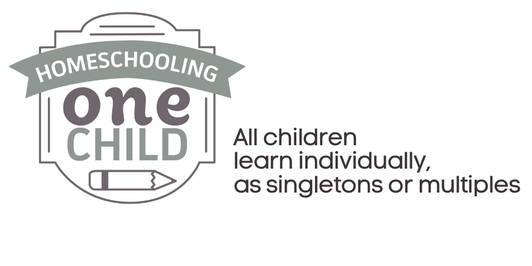

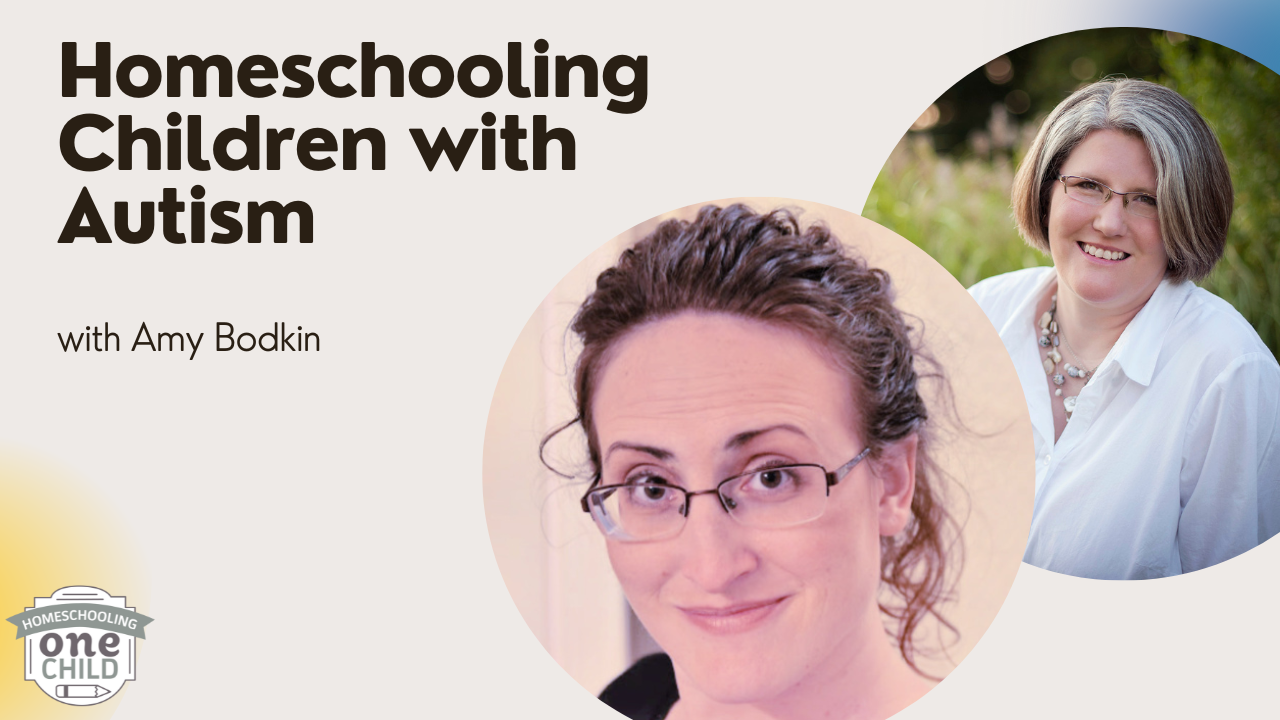
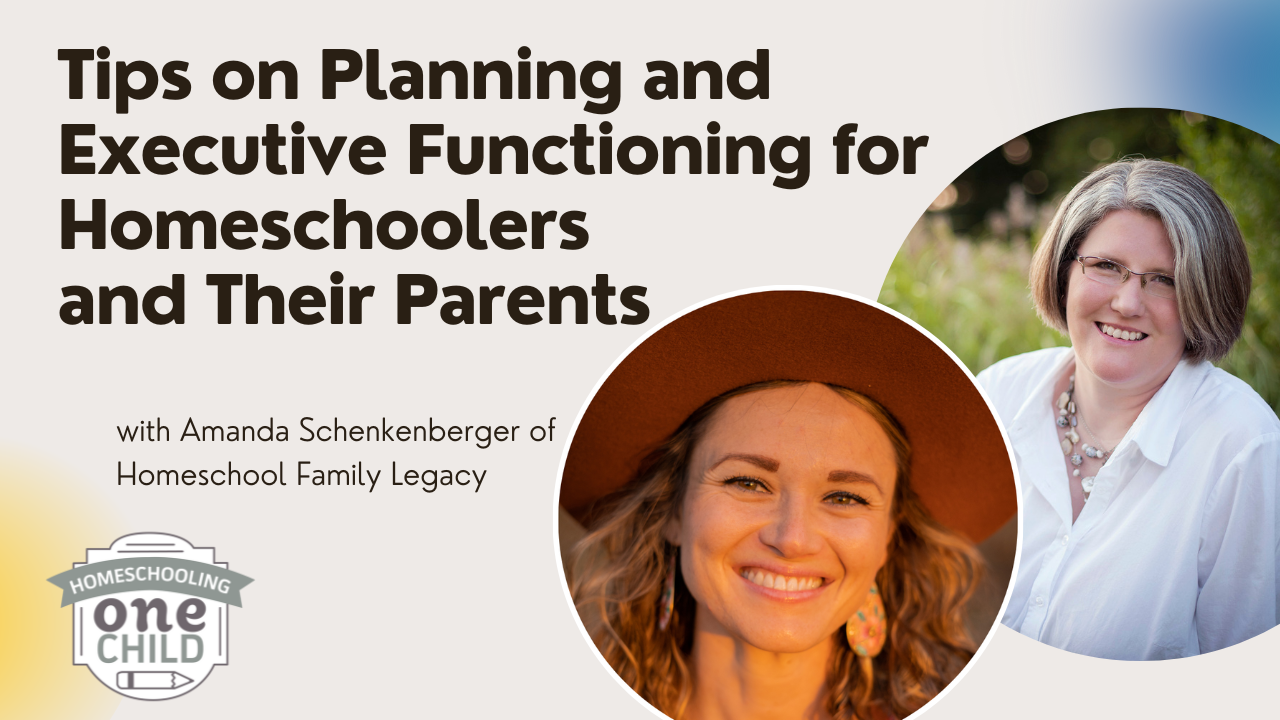
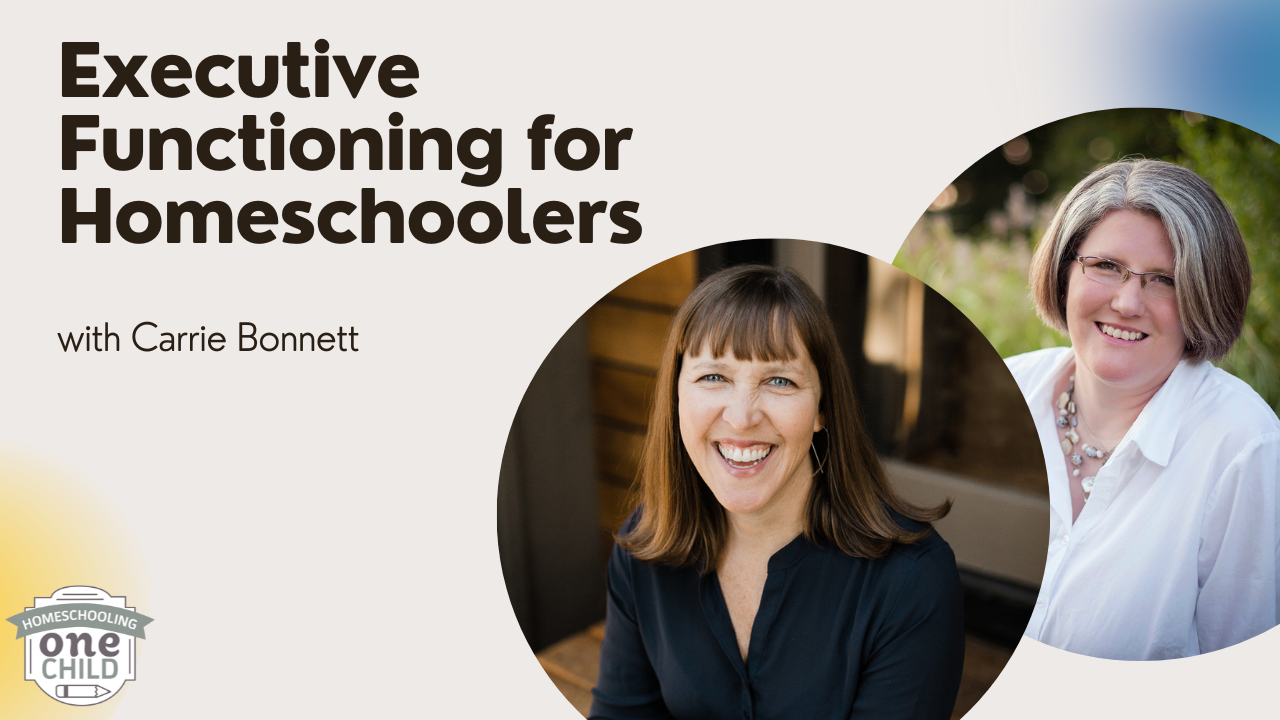
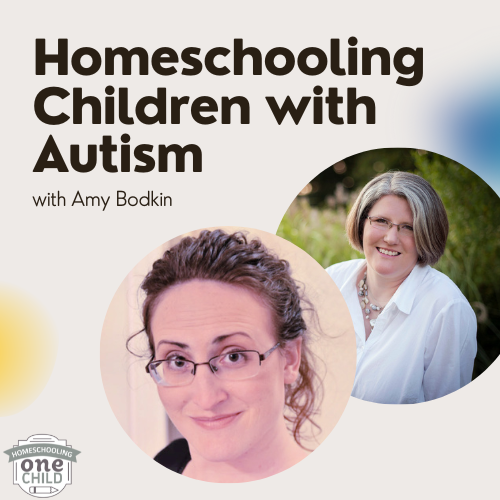
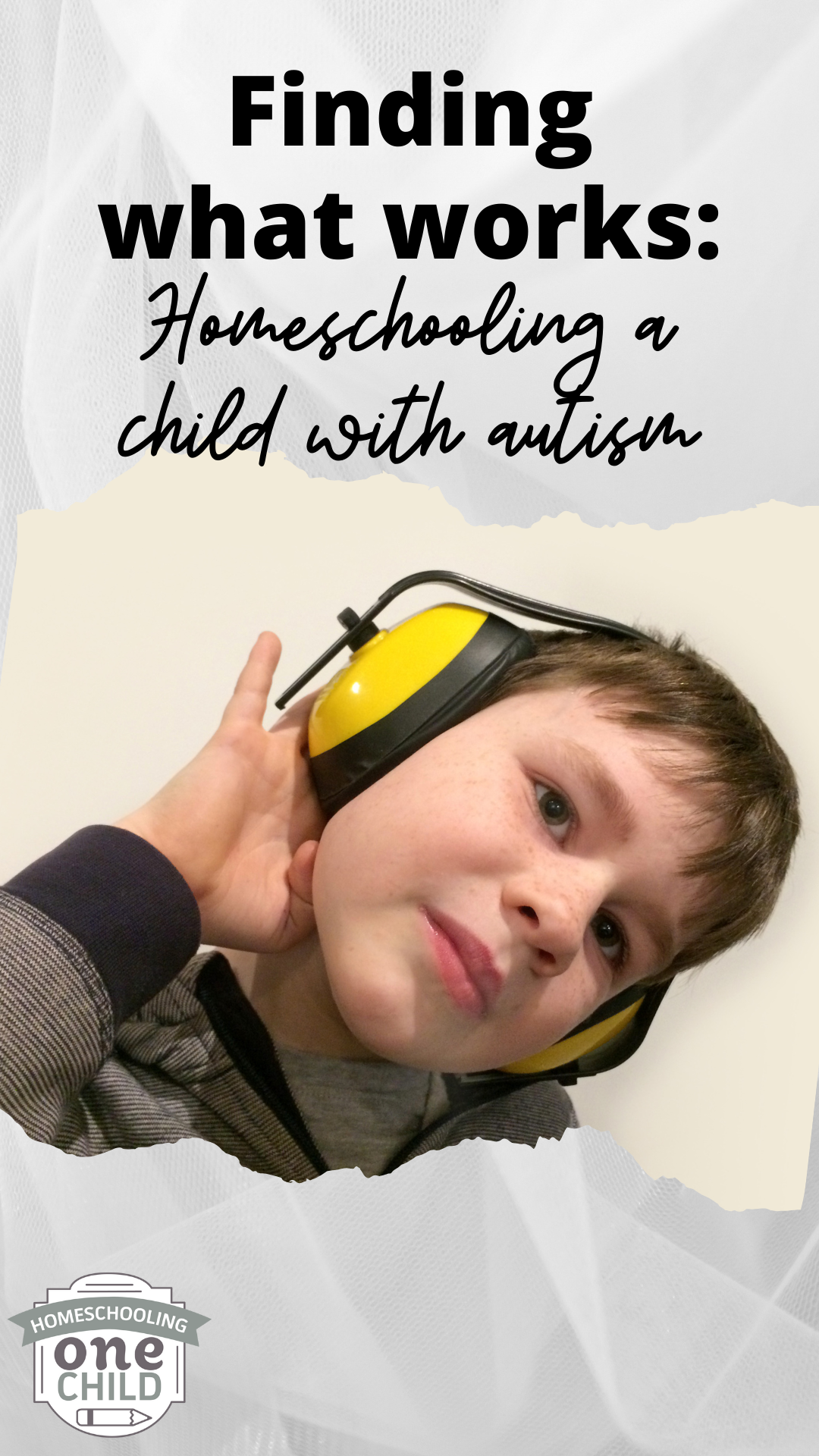
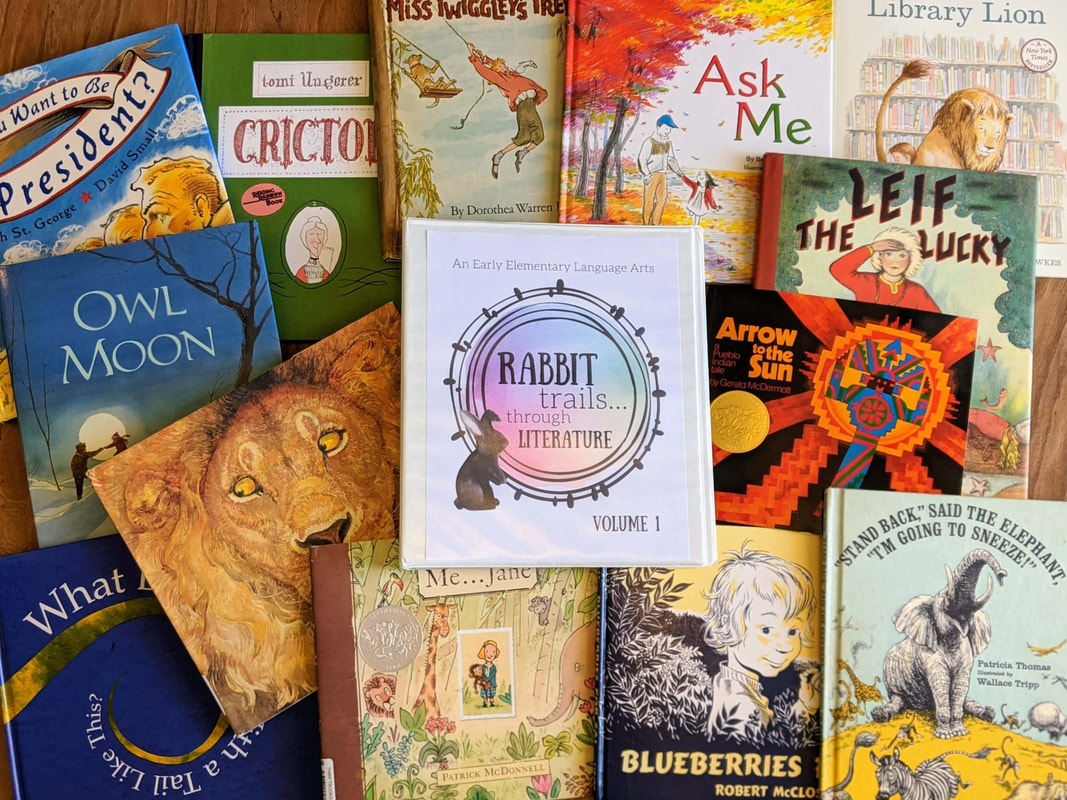
 RSS Feed
RSS Feed
